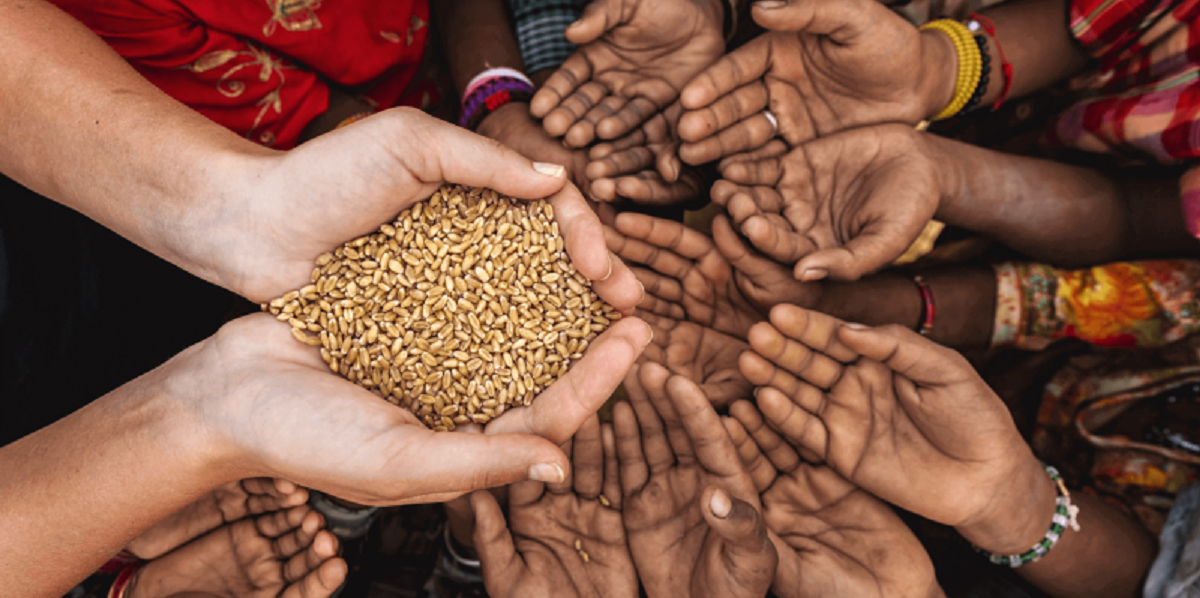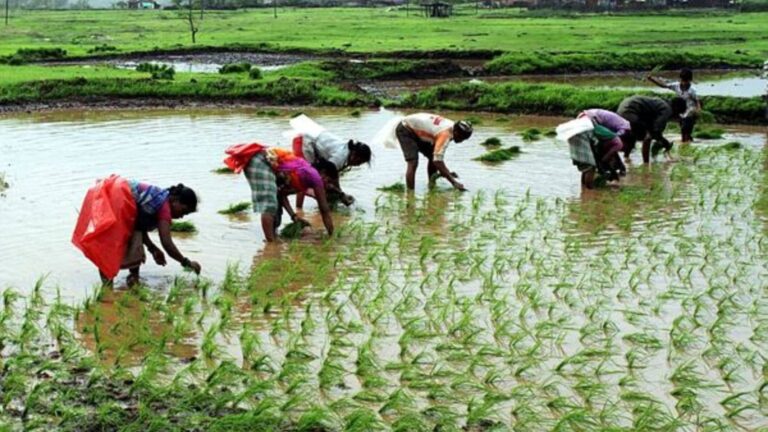
In a sobering presentation of the Global Report on Food Crises, Qu Dongyu, Director-General of the Food and Agriculture Organization of the United Nations (FAO), underscored the urgent need for heightened attention to agricultural aid in the face of escalating food crises worldwide. The report, unveiled today, serves as a stark wake-up call, warning against the perilous neglect of food security and agricultural support, particularly in the aftermath of the COVID-19 pandemic.
Escalating Food Crises
The report paints a troubling picture of the global food landscape, revealing that 282 million people across 59 countries and territories were in dire need of immediate action to bridge the food consumption gap in 2023. Additionally, a staggering 36 million individuals found themselves in IPC Phase 4, categorized as Emergency, demanding urgent intervention to safeguard lives and livelihoods. Alarmingly, 36 countries have persistently grappled with food insecurity for the past eight years, highlighting the daunting challenge of reversing this trend once it takes hold.
The Imperative of Agricultural Assistance
Qu Dongyu emphasized the critical importance of scaling up agricultural assistance in crisis situations, debunking the misconception that such aid is inherently slow-acting. Instead, he advocated for a holistic approach that goes beyond short-term humanitarian relief to address the underlying causes of food insecurity. Providing seeds, tools, and livestock, along with the means to revive food production at scale, emerges as a cost-effective strategy to ensure widespread access to food, particularly in hard-to-reach areas.
Exemplary Initiatives
Noteworthy examples of this shift in perspective are evident in Sudan, where FAO’s provision of crop seeds to one million farming families resulted in a bountiful cereals harvest meeting the needs of over 13 million people. Similarly, increased funding for emergency agricultural interventions in Afghanistan has led to an 11 percent decrease in rural food insecurity since 2022.
Reimagining Priorities
To address the escalating food crises, Qu Dongyu outlined three key priorities:
- Balanced Resource Allocation: A better balance between traditional humanitarian assistance and agricultural support is imperative, recognizing agriculture as a fundamental component of long-term, sustainable solutions.
- Targeted Support: Targeting support for agricultural sectors in crisis situations can mitigate the need for emergency distributions, offering a more proactive approach to addressing food insecurity.
- Addressing Root Causes: Tackling the root causes of food crises is paramount, aiming to transform agrifood systems to be more efficient, inclusive, resilient, and sustainable.
As the Global Report on Food Crises sounds the alarm, it serves as a poignant reminder of the urgent need for collective action to avert widespread hunger and malnutrition. By prioritizing agricultural assistance and addressing the underlying causes of food insecurity, the international community can pave the way for a more food-secure and resilient future, leaving no one behind.






